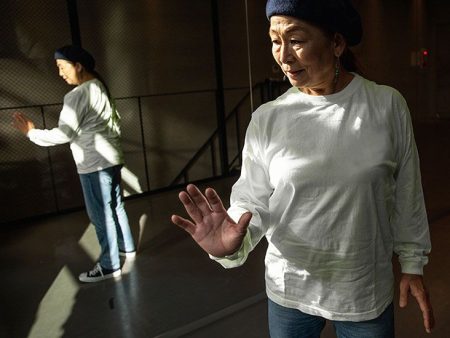Memory is a complex topic that remains an active area of scientific research. Memory loss can be a symptom of dementia but is also experienced by everyone to some extent. The Psychology of Memory, a new book written by psychologists Dr. Megan Sumeracki and Dr. Althea Need Kaminske, delves into the insights, challenges, and mysteries of this field of study. Memory does not work the way we might think it does, and it is common for memory to decline with age. Although memory is still not fully understood, researchers are actively working to solve its many mysteries.
Memory is a messy and imprecise function of our brains. Understanding why we can’t simply remember everything is complex and multifaceted. Perfect memory is rare because the brain is designed to prioritize certain details while leaving out others for the sake of efficiency. Memory changes over time as our brain changes, affecting our ability to form new memories and recall previous ones. Around the age of 65, mild declines in memory may become apparent, but these changes occur gradually and are often compensated for by increased experience and knowledge.
Distinguishing between normal memory loss associated with aging and more concerning memory loss associated with dementia can be challenging. Typically, mild changes such as occasionally misplacing items are normal aspects of aging. However, if these issues become more pronounced, such as repeatedly misplacing items daily, it may be a sign of a more serious issue. Getting an evaluation from a general practitioner can help rule out other potential causes of cognitive issues. Specialists may be recommended for further evaluation if needed.
There are steps individuals can take to preserve or improve their memory as they age. Engaging in activities such as aerobic exercise, meditation, mental stimulation, and getting enough quality sleep can have positive effects on memory. Maintaining an active and engaged lifestyle with a focus on good mental health is key to cognitive health in old age. Engaging in new hobbies, socializing, reading, writing, and participating in mental activities can also benefit memory. It is important to find activities that are stimulating and enjoyable, challenging the brain in various ways to promote memory function.
While memory loss is a common part of aging, there are steps that can be taken to promote cognitive health and potentially improve memory function. Engaging in activities that challenge the brain, such as exercise, meditation, mental stimulation, and social interaction, can have positive effects on memory. Maintaining a healthy lifestyle and engaging in activities that are enjoyable and stimulating can help preserve memory function as we age. Although memory loss is a normal part of aging, significant declines may warrant further evaluation by a healthcare provider to rule out potential underlying causes.














